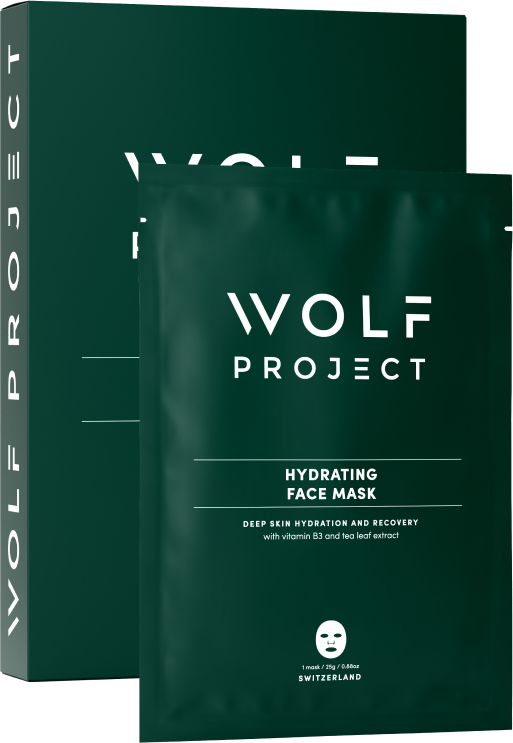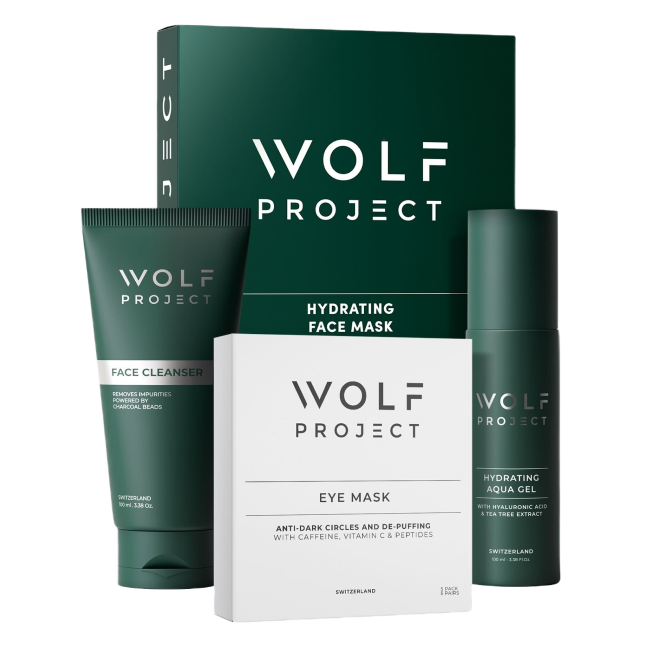
"Honestly, while skin care may seem intimidating to the beginner, it’s one of the simplest, easiest things you can do... Consider this guide a ticket to your best face possible."


Common Skincare Terms
These exfoliating acids gently release the bonds holding dead skin cells to the surface of your skin so they can slough away leaving your complexion bright and clear.
Environmental aggressors like UV rays, pollution and more can create free radicals which damage skin cells leading to a variety of issues. Antioxidants like vitamin C help neutralize free radicals and help your skin cells function the way they should.
This other common acne fighter kills acne causing bacteria and can also help remove excess oil from your skin.
If your skin was a brick wall, ceramides would be the mortar holding it all together. These lipids help build up your skin barrier and protect it from outside aggressors (and keep moisture inside).
This hydration superstart ingredient occurs naturally in your body and helps retain moisture. It’s able to hold 1000 times its molecular weight in water, which means it not only moisturizes your skin, but also helps it stay hydrated.
Also known as vitamin B3, this MVP ingredient is suitable for all skin types and helps even skin tone and fight off signs of aging like uneven skin tone and fine lines as well as dark spots.
This vitamin A derivative optimizes cell turnover, which slows down as you age. It’s one of the most studied and recommended skin care ingredients available and is helpful in treating everything from acne to aging.
An acne-fighting superstar, this beta hydroxy acid helps remove dead skin cells from the surface of your skin and inside your pores, helping to keep it clear and send pimples packing.

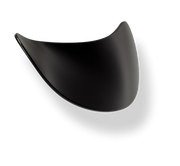
Ultimate Night Skincare Routine
Now the good stuff: what skincare products to use, when to use them and what they’ll do for you.
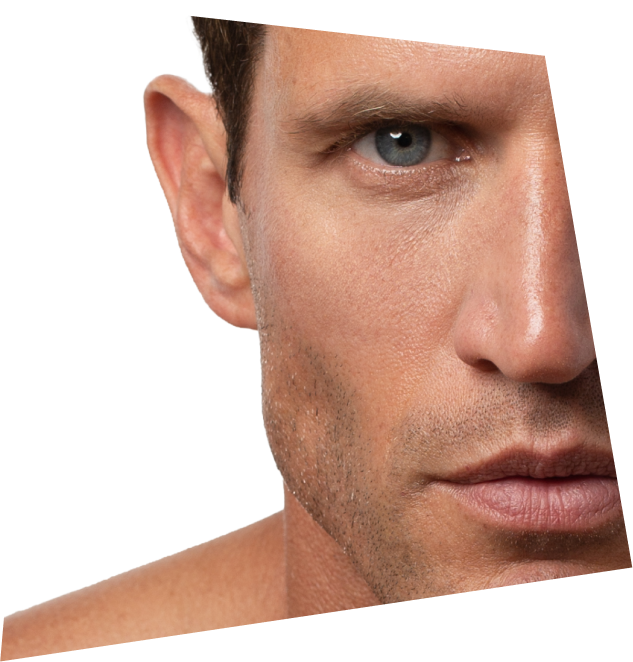
Cleanse
Yes, you should wash your face at night, too. Think of all the dirt, oil and pollution that can stick around on your face throughout the day. Get that off so your skin can breathe - and your products can work better.
Use your retinol
If you’re going to use one product at night, it should be retinol which will help your skin cells get back on track. Use it only at night and always wear sunscreen during the day.
Use your eye cream
The eyes are often the first area you’ll notice signs of aging like fine lines, so using your eye cream at night helps keep the area moisturized and primed for regeneration. Apply it with your ring finger the same way you do in the morning.
Finish with moisturizer
Your skin needs moisture in order to repair itself, so applying moisturizer at night not only helps it stay hydrated while you sleep, but also rebuild itself during the night.
Did you know?
Ultimate Morning Skincare Routine
Now the good stuff: what skincare products to use, when to use them and what they’ll do for you.
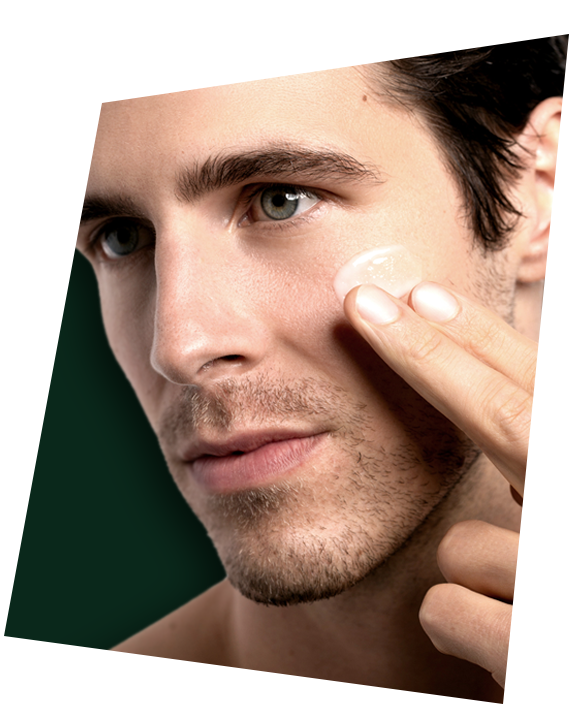
Cleanse with a facial cleanser
Always use a cleanser that is specifically formulated for use on your face (please, no bar soap). Opt for one that says “gentle” on the label since harsh soaps can leave your skin feeling dry and tight, which is not good.
Apply an antioxidant serum
Antioxidants are essential for the morning because they provide your skin the protection it needs when you venture out. Gently pat the serum into your face after cleansing.
Tap on some eye cream
Using your ring fingers, dab on some eye cream under your eyes (don’t rub - it can disrupt the thin, delicate skin around your eyes). Use a cream or gel that contains caffeine if your eyes need an extra pick-me-up.
Moisturize
Apply your moisturizer to lock everything in and make sure your skin’s hydration tank is full. Moisturized skin is happier, healthier and better looking skin-
Don’t forget sunscreen
Some moisturizers contain sunscreen, but if yours doesn’t, apply sunscreen as your last step to protect your skin from UV rays. And yes, you need to use it every day.
"We often start using skincare products later in life and try to attack issues we already see, instead of thinking about skincare as a way to delay what’s coming down the road."
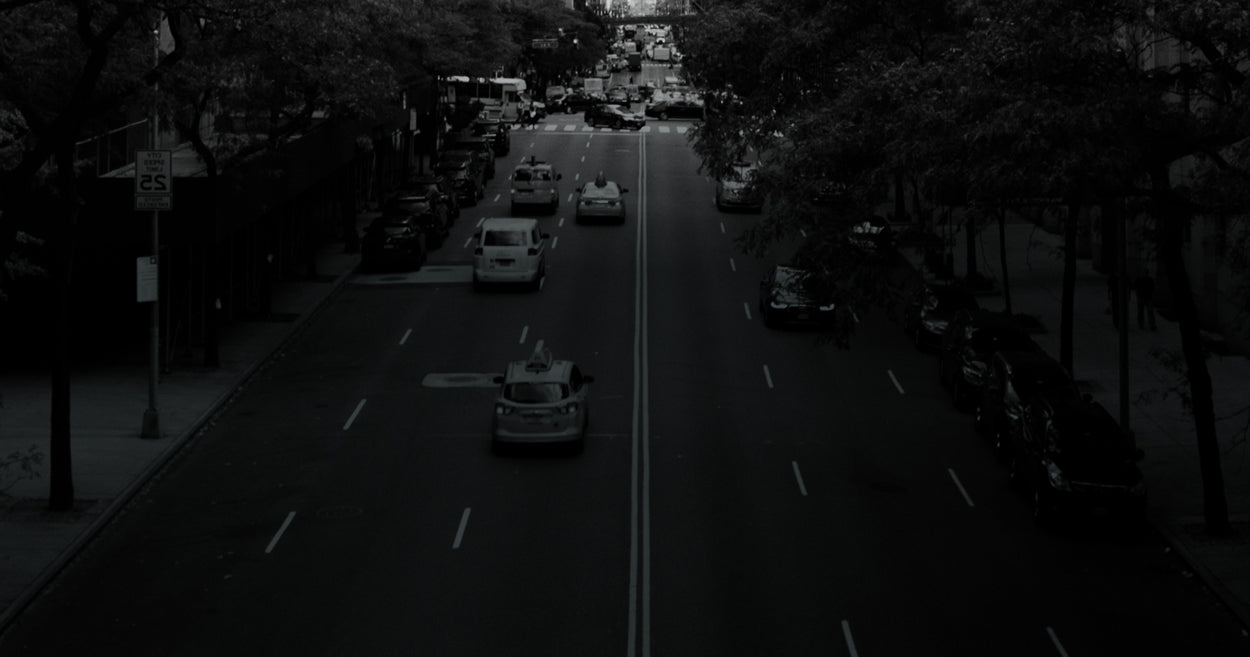
Anti-Aging 101
SUNSCREEN
- Sunscreen is the most potent and effective anti-aging tool we have in our skincare arsenal.
- Happy skin is moisturized skin. When your skin is dry, it shows wrinkles and uneven tone more, whereas skin that is moisturized looks plumper and fuller.
RETINOL
- Apart from sunscreen, your best anti-aging tool is retinol.
- The aging process affects your skin in a variety of ways, including slowing down the life cycle of skin cells and reducing its ability to produce collagen. Retinol helps with both of those things.
- Start using it as soon as possible to set your face up for success down the road.
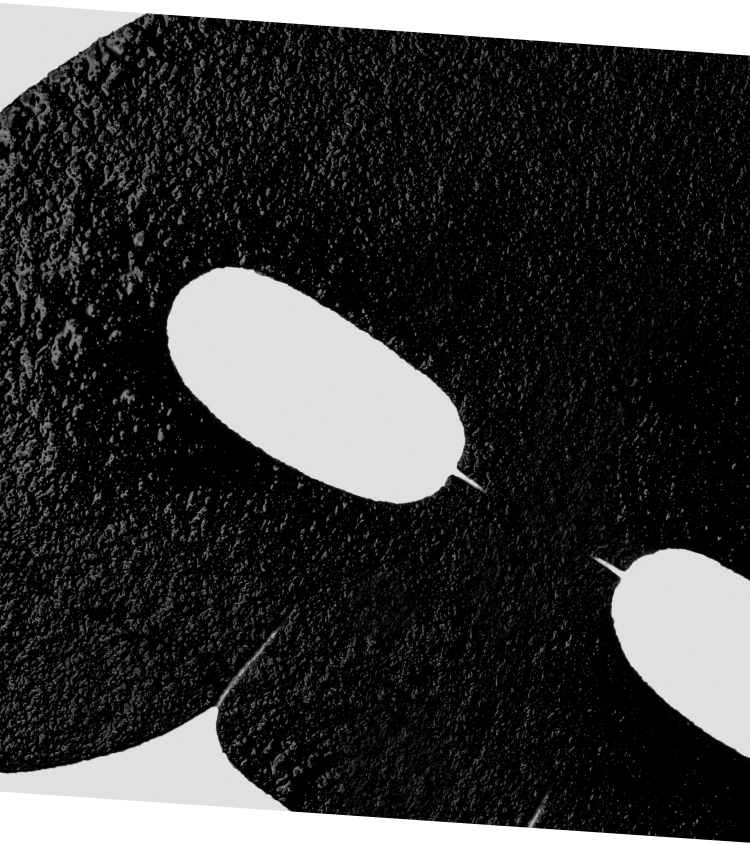
How to buy Skincare
Now the good stuff: what skincare products to use, when to use them and what they’ll do for you.
Read Reviews
If you’re not sure what products do or whether they actually do what they claim, online reviews are your best resource for real feedback. Most websites will shower user reviews (if they don’t, then something is up). Make sure to read them thoroughly, particularly if you have sensitive skin or a particular skin issue.
Make it easy on yourself
Don’t feel like you have to go from zero to sixty right away. Start slow, maybe with a new cleanser and moisturizer, and work up from there. And don’t feel like you have to shell out your entire paycheck to get into the skin care game. Expensive products aren’t automatically better and there are plenty of amazing products for your skin out there that won’t break the bank, especially if you’re a beginner.
Common Questions
Do you have any questions we haven't answered?
The benefit of a sheet mask is that it can deliver more con-centrated ingredients in a shorter amount of time. Masks are supercharged with beneficial ingredients and the physical barrier of the sheet helps to force the ingredients into the skin and minimize evaporation, rubbing, and other things that could prevent the serum from penetrating your skin. And while it may take weeks to see results from typical skincare products, using a mask a few times a week could deliver quicker results (sometimes, even immediateresults).
Okay need is a strong word. You can certainly get away with using the same products both night and day, but it depends on the ingredients. Retinol, for instance, should only be used at night because it can cause irritation in the sunlight (you should also wear sunscreen during the day if you are using retinol). The rest is mainly personal choice: you may not like the feeling of a heavier night cream on your face during the day.
Sure, okay, you can use moisturizer around your eyes. However, the thing about eye creams is that they are for- mulated and tested specifically for the eye area - meaning that they are designed to not irritate the delicate skin around your eyes, which is not only thinner than the rest of your face, but can also be mor sensitive. Your regular moisturizer isn’t tested around the eyes, so could come with the risk of irritation. To be on the safe side, we recommend a specific eye product.




